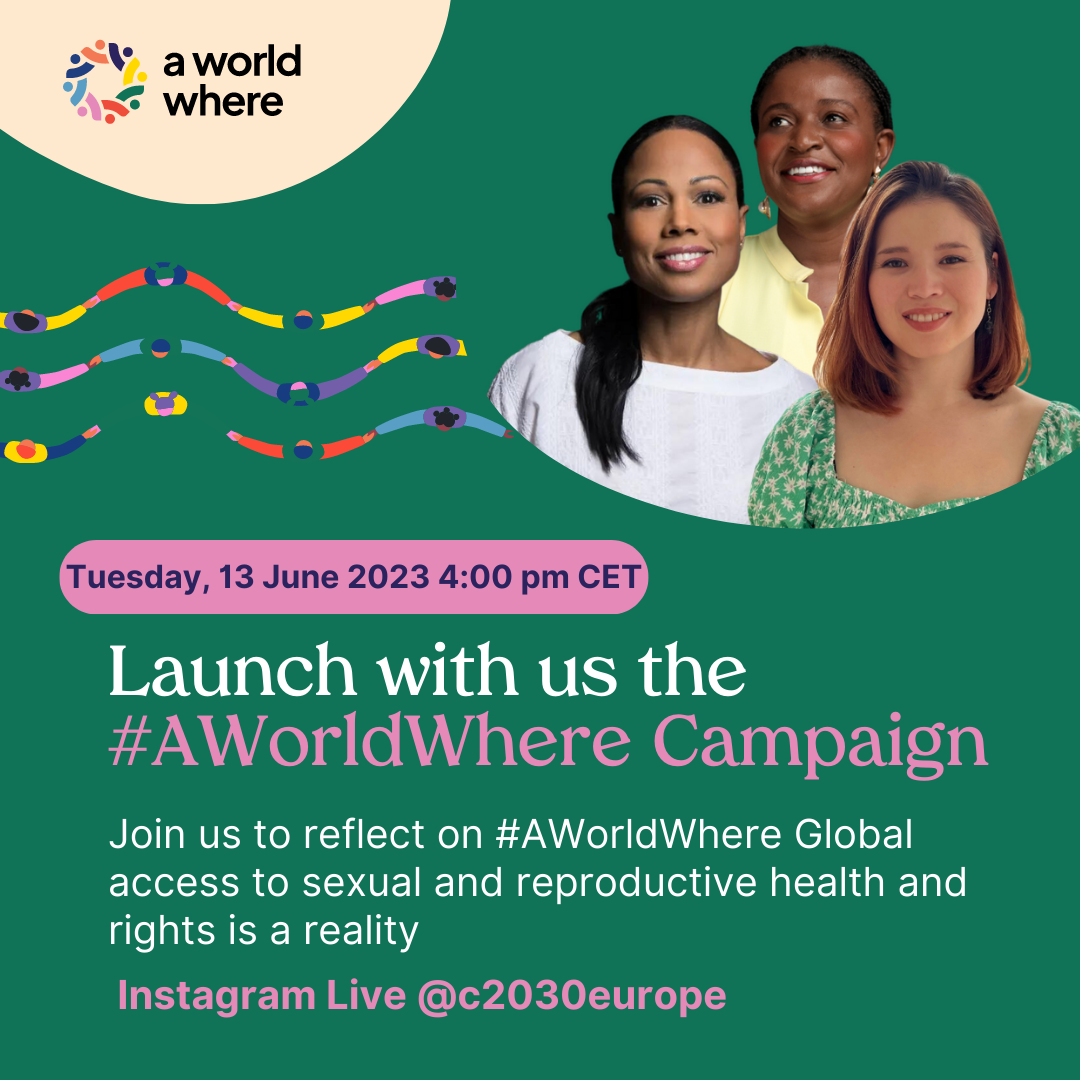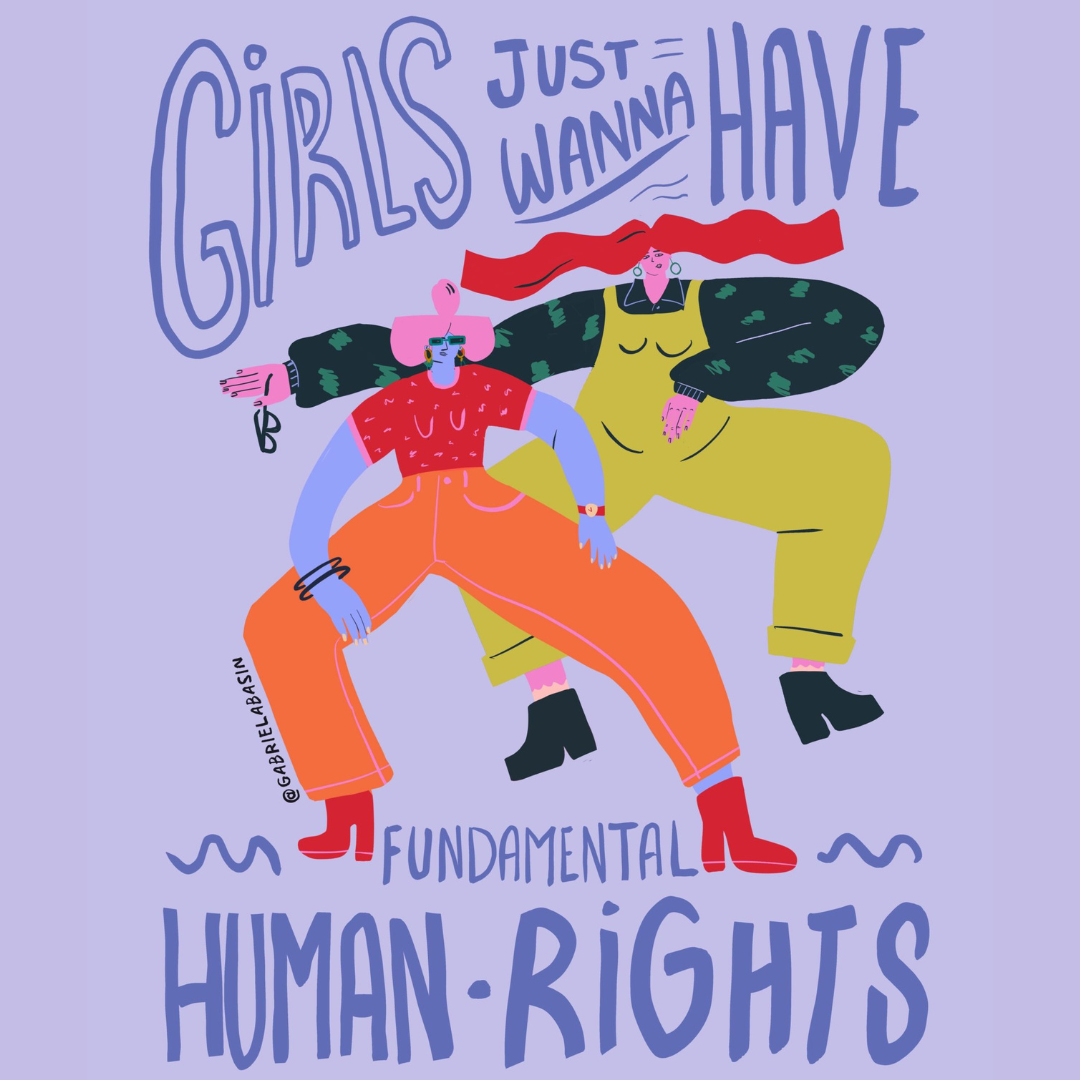Countdown 2030 Europe welcomes the €12.5 million increase in the EU’s 2018 budget line dedicated to human development under the Development Cooperation Instrument (DCI). This budget line includes funds for sexual and reproductive health and rights, family planning, child and maternal health, youth empowerment and gender equality. The budget currently stands at approximately €205.9 million. On 18 November, the Council and the European Parliament (EP) reached an agreement on the 2018 EU budget. Prior to that, the EP adopted in plenary its position on the 2018 budget including an amendment calling for the increase in human development.
Human development is crucial to promote education, youth, health and gender equality, notably through access to family planning and sexual and reproductive health and rights. Investments in these two critical areas can save lives, and is key for sustainable development, as well as a pre-condition for gender equality and women’s empowerment. These investments support the implementation of the Sustainable Development Goals 3, 4 and 5 and are crucially needed – especially for the most vulnerable and marginalised.
Every day, approximately 830 women die from preventable causes related to pregnancy and childbirth. Around 99% of all maternal deaths occur in developing countries. More than half of these deaths occur in sub-Saharan Africa and almost one third in South Asia. Maternal mortality is higher in women living in rural areas and among poorer communities. [1]
Moreover, according to the EU results report 2016, the ‘number of women using any method of contraception’ declined from over 43 million in 2013-2014 to 13.2 million in 2014-2015. [2]
As it stands, 214 million women of reproductive age in developing countries who want to avoid pregnancy are not using a modern contraceptive method. [3] Although EU institutions are key donors for family planning in absolute terms, this sector represents only a very small share (0.16 %) of its overall Official Development Assistance (ODA), which puts the EU institutions ranking at 21 out of 30 OECD DAC donors [4].
[1] http://www.who.int/mediacentre/factsheets/fs348/en/
[2] https://ec.europa.eu/europeaid/sites/devco/files/europeaid-staffworkingdocument-en-web.pdf



